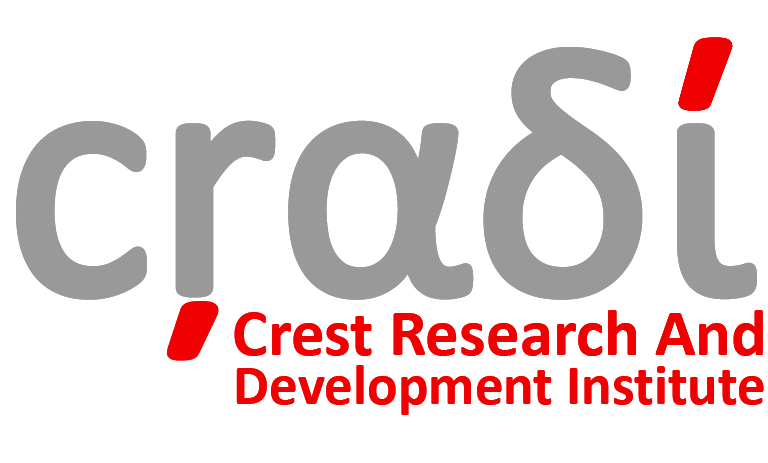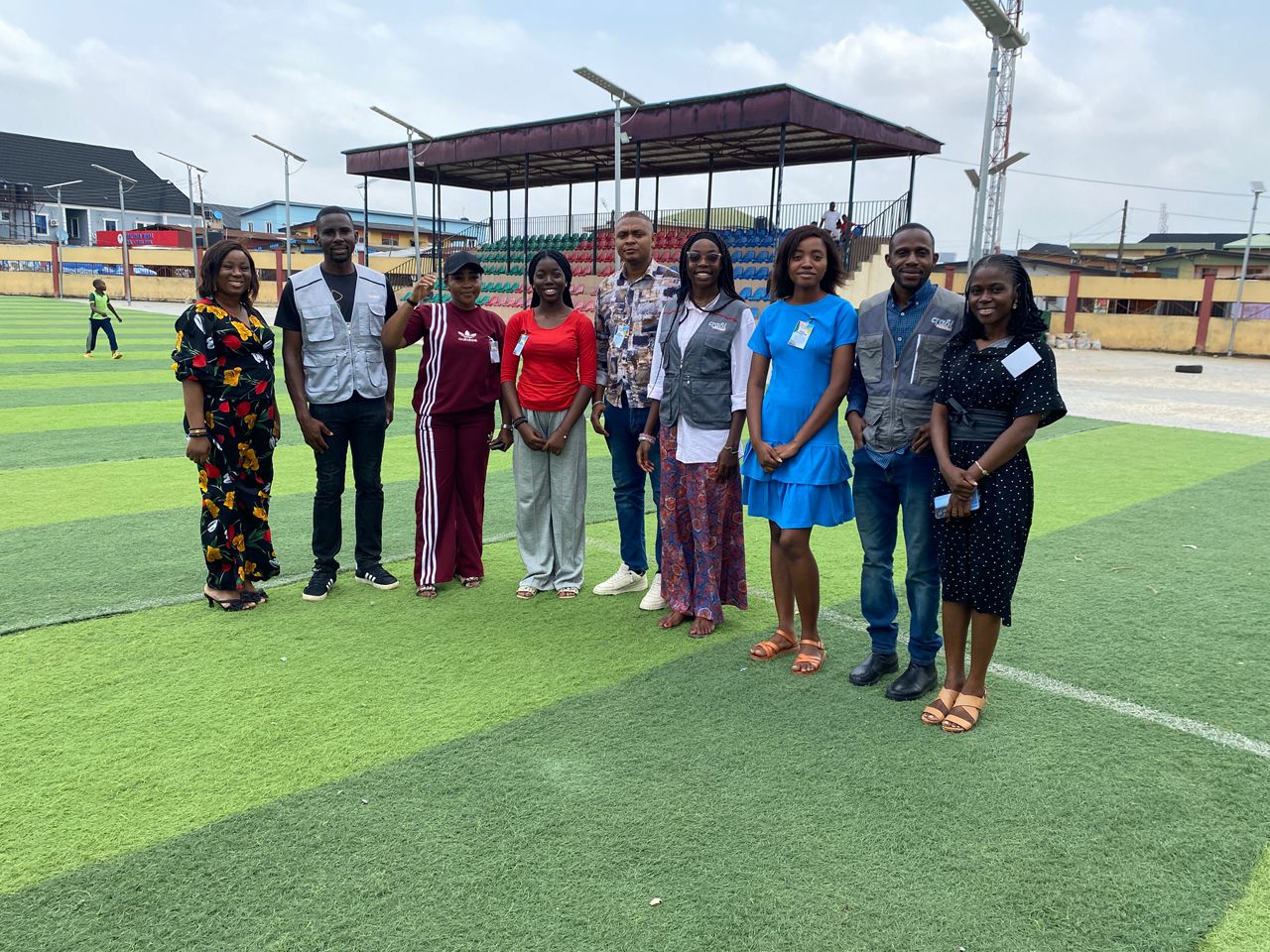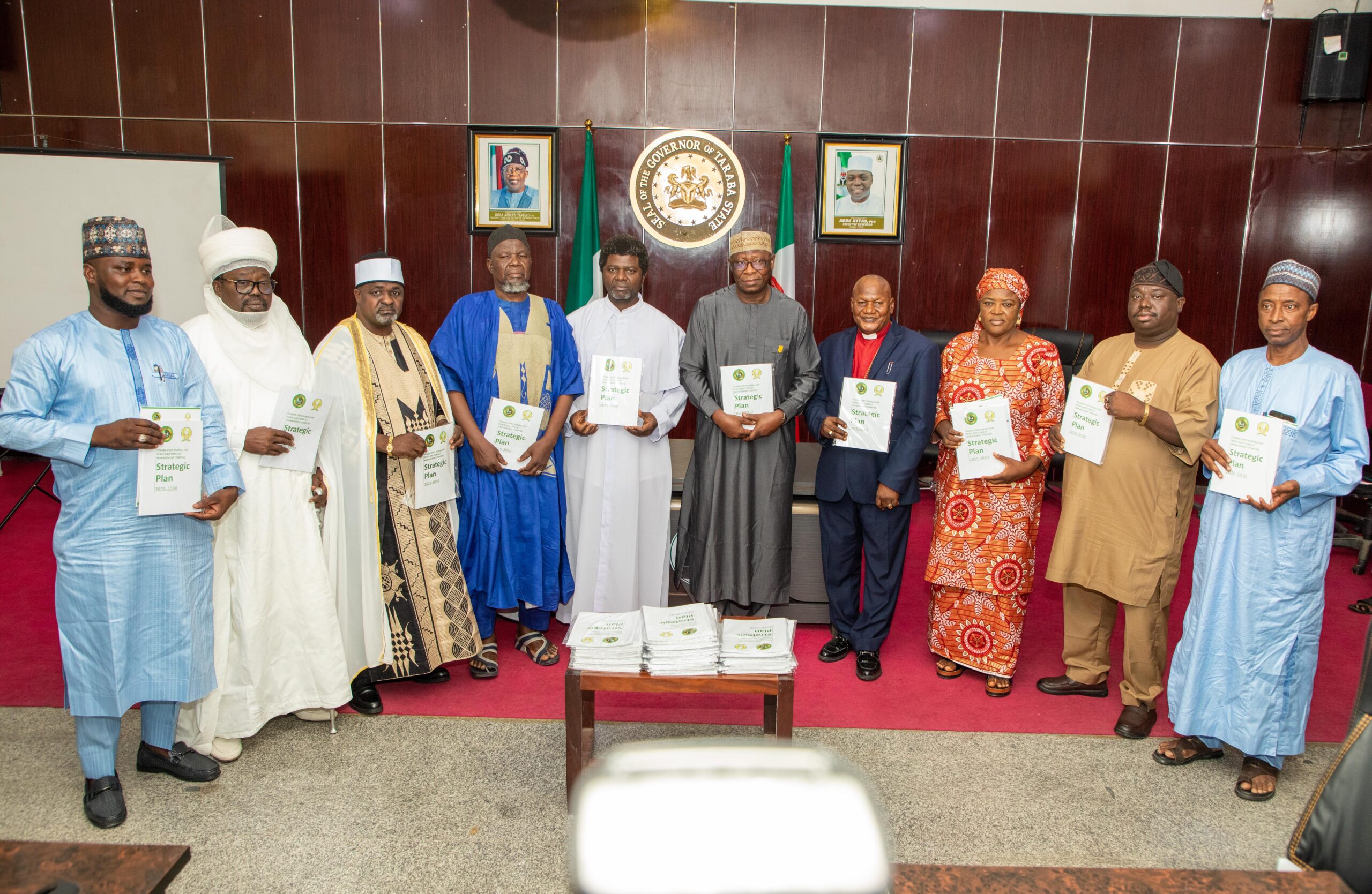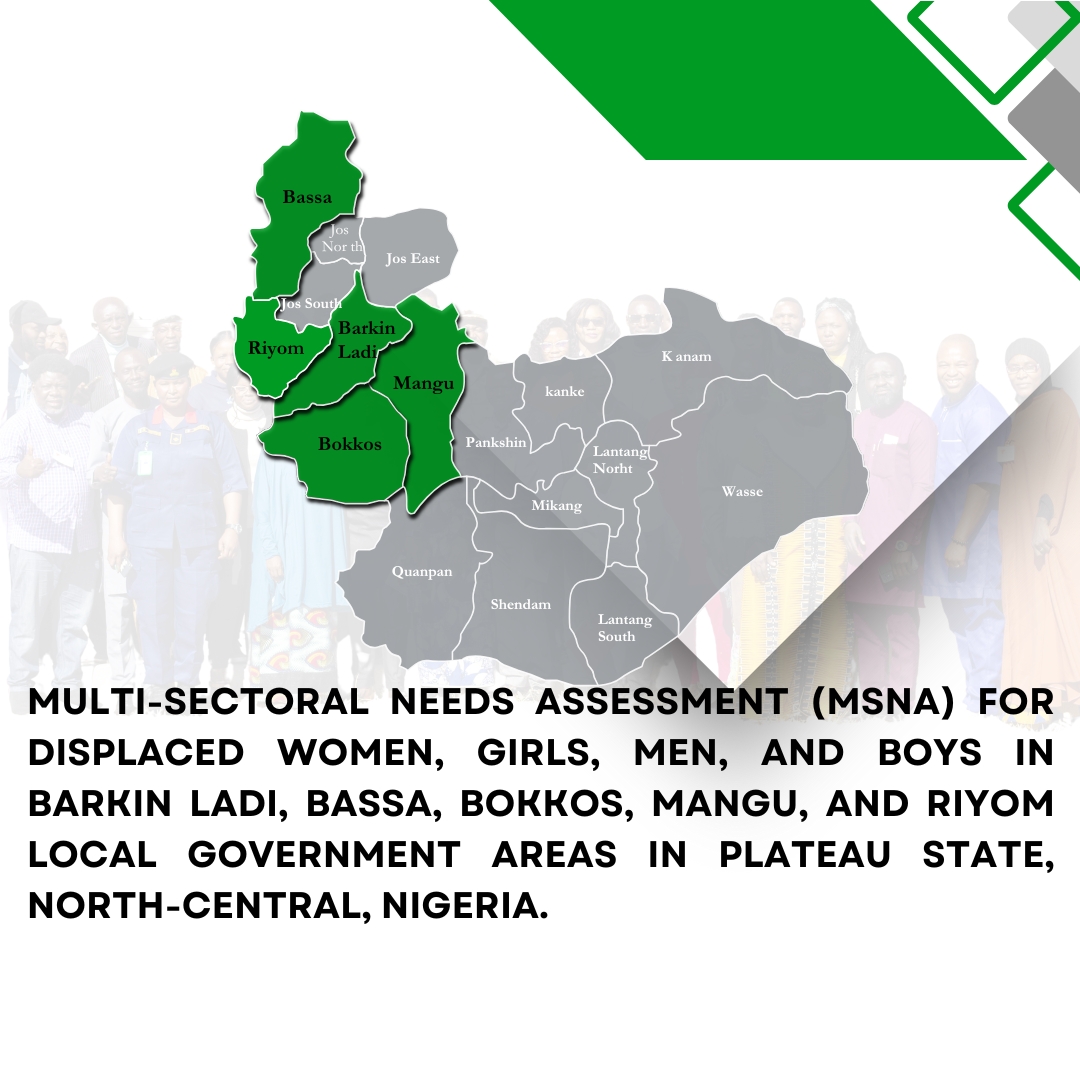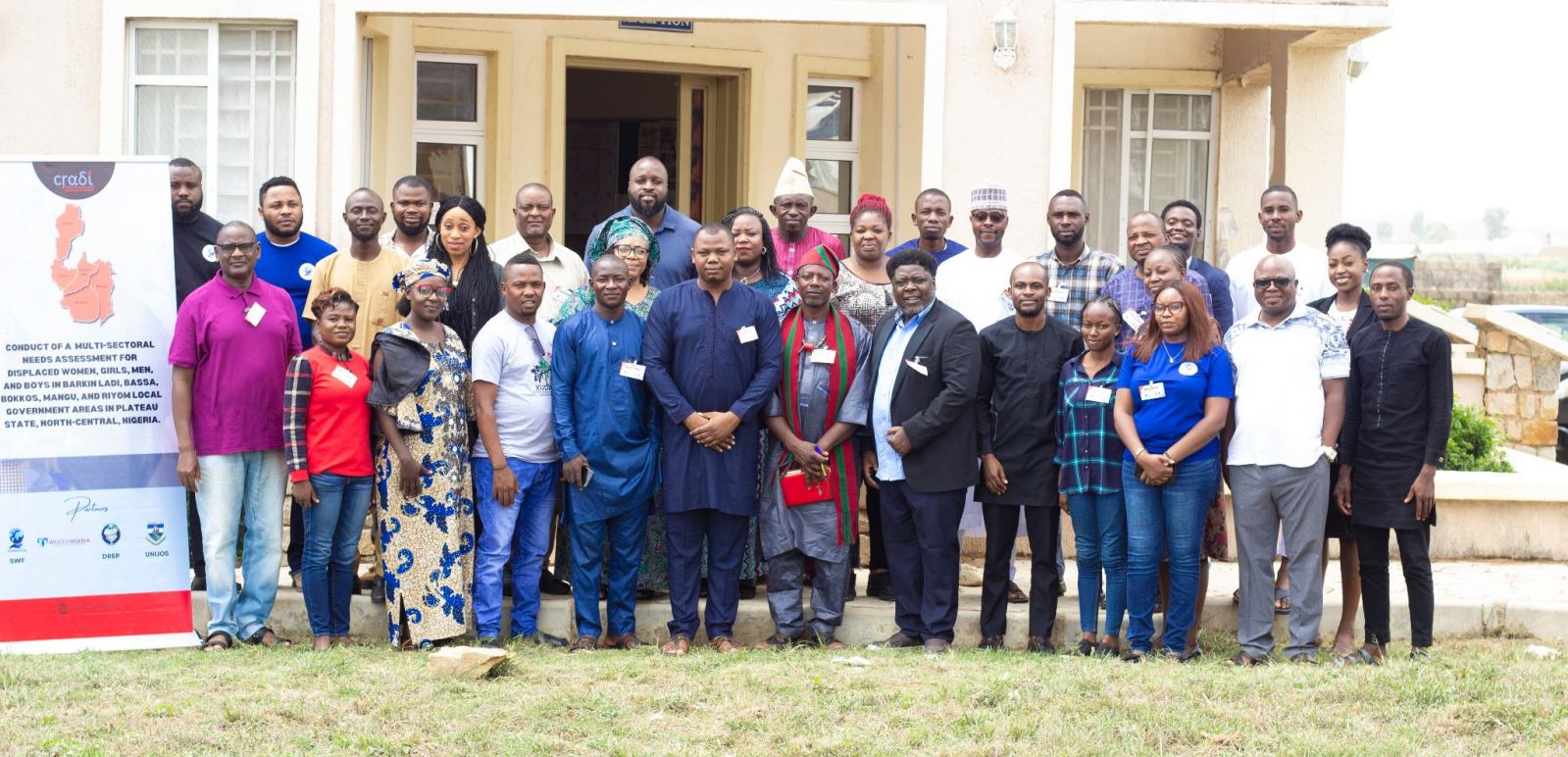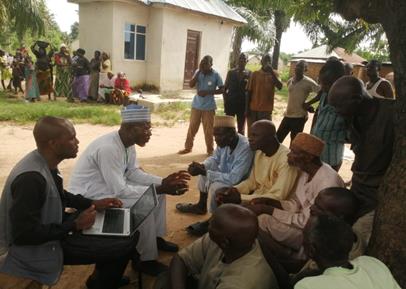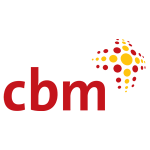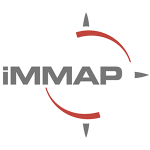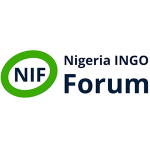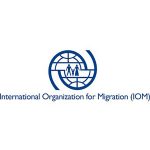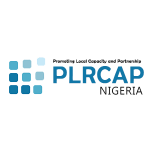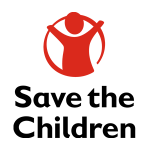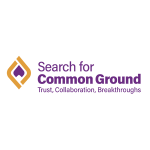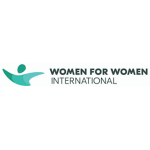Crest Research and Development Institute (CRADI) seeks to advance humanity through research, sustainable development, and learning.


We are an independent, nonprofit research institute dedicated to improving the human condition through evidence-based research and developmental aid.
Participation
We are champions of participatory approaches to problem solving. We view our clients as partners with whom we solve social problems with participation from the affected communities.
Integrity
We conduct ourselves in accordance with the highest standards of professional behavior and ethics. We are transparent, honest, and ethical in all our interactions with employees and partners.
Excellence
We always deliver what we promise and add value that goes beyond our client’s expectations. We are alert to changes in our areas of operations and continuously expanding our knowledge
In search of a brighter future, our mission is to address the world's most pressing issues with context and evidence-based solutions.
We seek to strengthen humanitarian and development institutions to provide sustainable solutions in communities by research and project management solutions and building staff capacity for implementation. Through our work, we bridge the gap in institutional learning and monitoring and evaluation strategies as employed by fellow non profit organizations, government agencies and corporate organizations.
Mission
We aim to produce trustworthy data, detailed analysis, innovative methodologies, sustainable programs, and manpower that inform public policy and ground practice in evidence by combining scientific rigor and technical proficiency across Africa.
Vision
To be recognized as an organization that institutions, governments, and individuals can rely on to provide data-driven solutions to address the world's most pressing social, cultural, political, and economic development issues.
"We believe that equity occurs when one’s chances, access to resources, and life outcomes are not determined by the intersections of their social identities, living in marginalized groups, and/or experience with oppressive systems."
